Stress and anxiety, two sentiments all too familiar, possess a well-documented relationship with our sleep. They entangle with the delicate threads of our nightly repose, often leading to a cascade of health concerns. The significance of understanding and addressing this intricate relationship cannot be overstated, as it lays the foundation for our overall well-being.
Why Do We Have Stress and Anxiety?
In the heart of our responses to the external world lie stress and anxiety, distinguishable though closely related. Stress, a reaction to a threat, releases hormones like cortisol, prepping the body to respond. Anxiety, on the other hand, lingers, casting shadows of anticipated threats. The fight or flight response, once essential for our ancestors’ survival, is activated during stressful situations, but its remnants often linger, leaving an imprint on our sleep.
This interplay between stress, anxiety, and sleep births a vicious cycle. Poor sleep can fuel the fires of stress and anxiety, and in return, they can rob us of restful nights. Stress has a particular penchant for disrupting our sleep architecture, mediating the balance between REM and Non-REM sleep, essential for cognitive and physical restoration. It plays a pivotal role in the onset of sleep disorders such as insomnia and nightmares.
How Does Stress and Anxiety Impact Sleep?

The real-world implications of this tumultuous relationship are far-reaching. Chronic stress and compromised sleep lay the groundwork for an increased risk of a myriad of health concerns, from heart disease and obesity to mental health disorders. Society bears the brunt of this through lost productivity, escalating medical expenses, and a palpable decline in the quality of life for many individuals.
Addressing this delicate equilibrium requires insight and actionable strategies. Establishing a consistent sleep routine emerges as a cornerstone in this endeavor. The incorporation of mindfulness and relaxation techniques, including breathing exercises, progressive muscle relaxation, and guided imagery, have demonstrated efficacy in mitigating stress and fostering restful sleep. Complementing these strategies, lifestyle adjustments such as regular exercise, a balanced diet, and the mindful avoidance of caffeine or alcohol close to bedtime, can significantly contribute to alleviating stress and enhancing sleep quality. Additionally, the exploration of Cognitive Behavioral Therapy (CBT) presents a promising avenue for managing both insomnia and stress, with compelling evidence supporting its benefits.
Empower Yourself, Empower Your Sleep

In our modern, tech-savvy era, novel solutions, like those offered by Empower Sleep, have emerged at the forefront. As sleep solutions like Empower Sleep gain traction in popularity, they present a balanced approach to counteracting stress. Additionally, advancements in wearable technology, complemented by Empower Sleep's offerings, have created opportunities for individuals to closely monitor their sleep patterns and stress levels, equipping them to make well-informed decisions for their health.
Overall, the intricate dance of stress, anxiety, and sleep urges us to be proactive. Placing emphasis on mental health and adopting healthy sleep habits, especially with tools from Empower Sleep, becomes crucial in addressing this prevailing issue. With the right knowledge and resources at their disposal, individuals are well-prepared to navigate these challenges and rejuvenate their overall well-being.




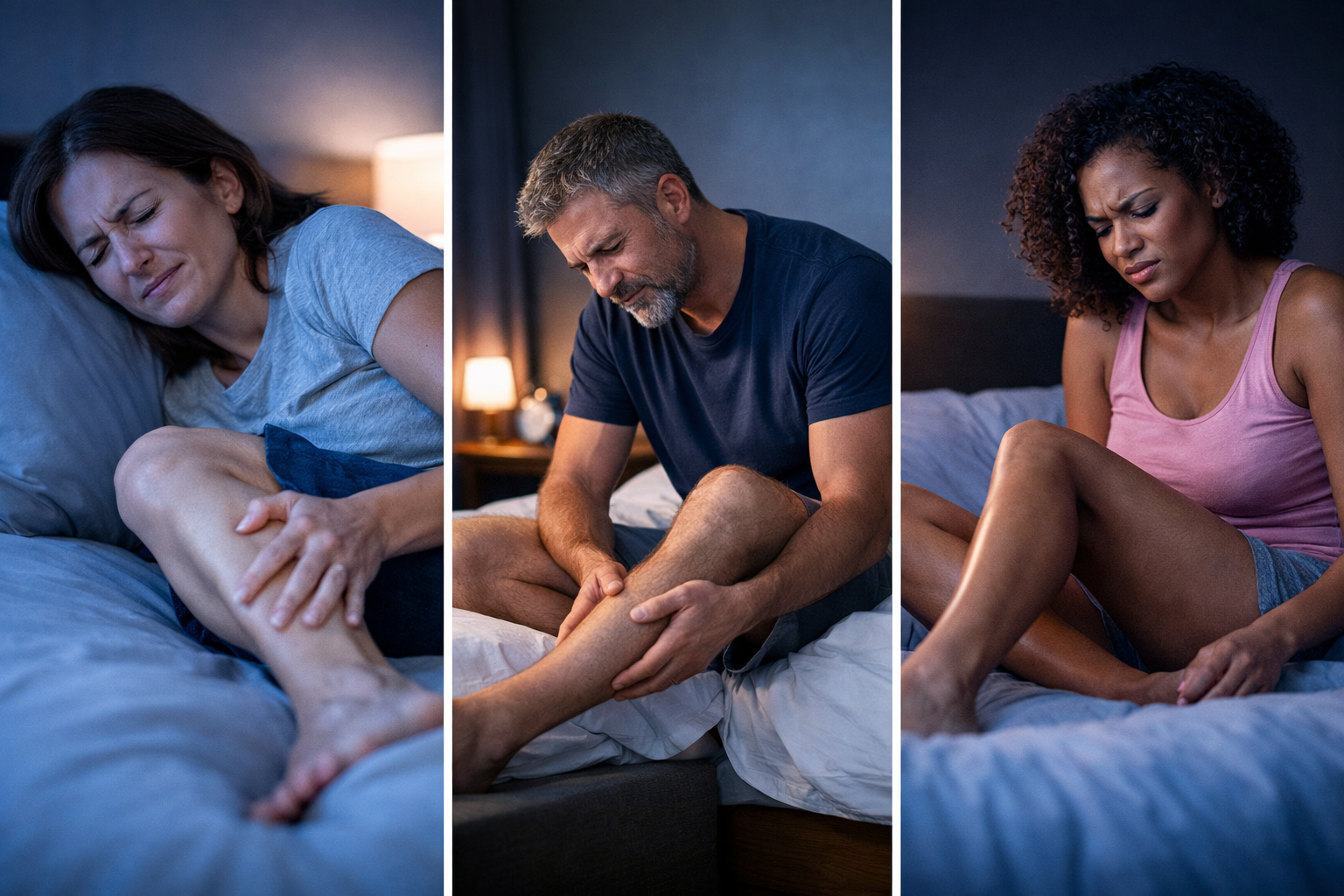



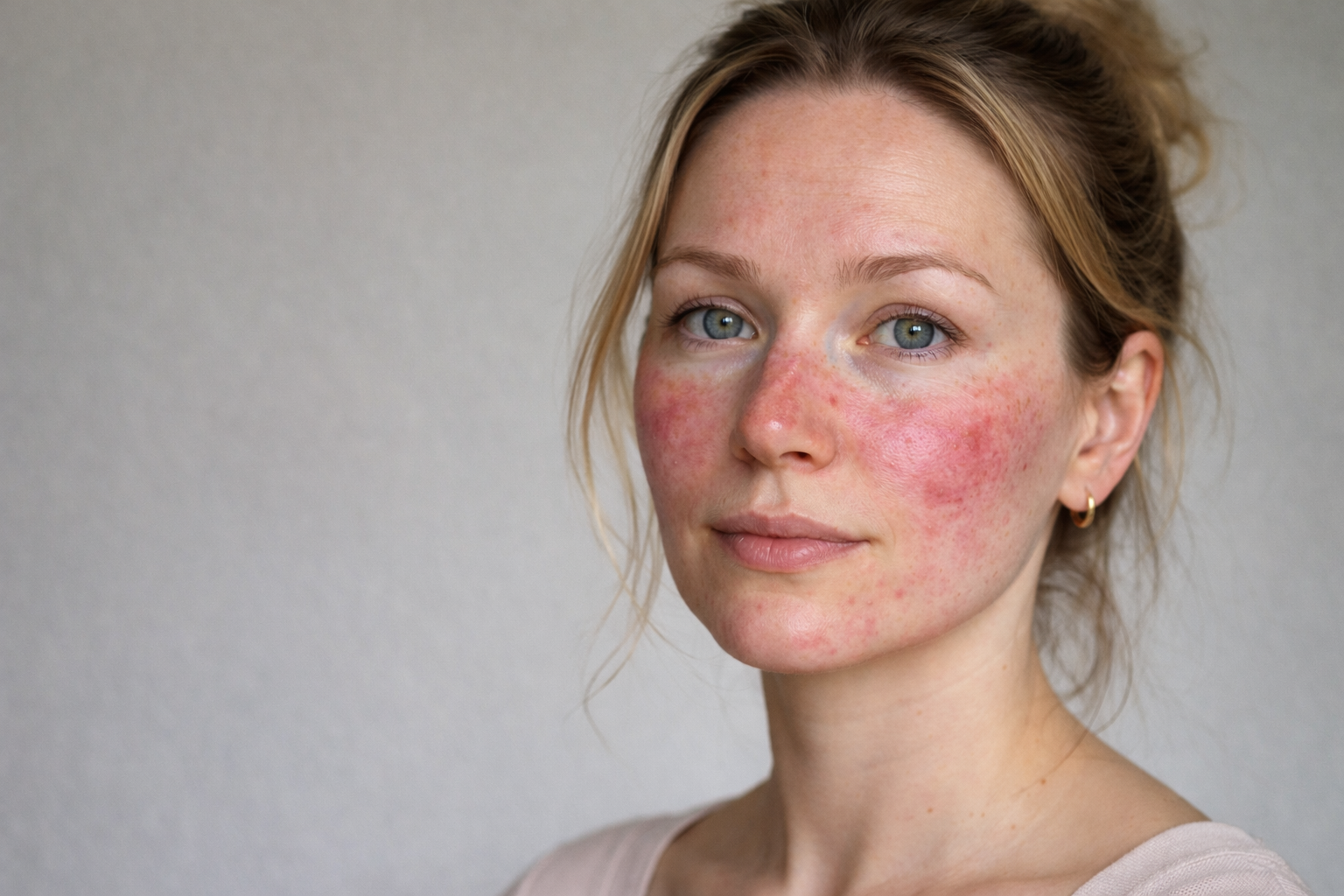


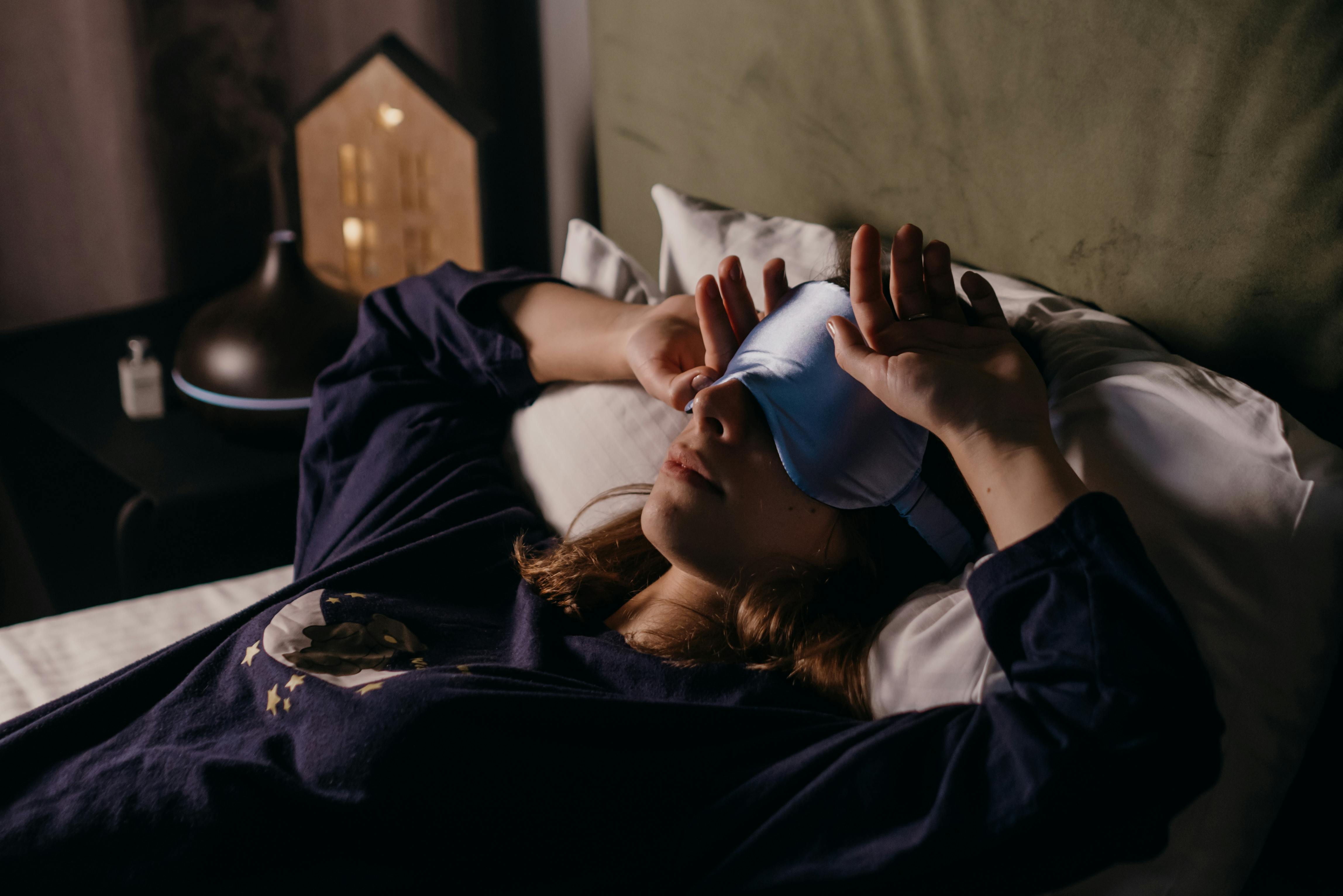

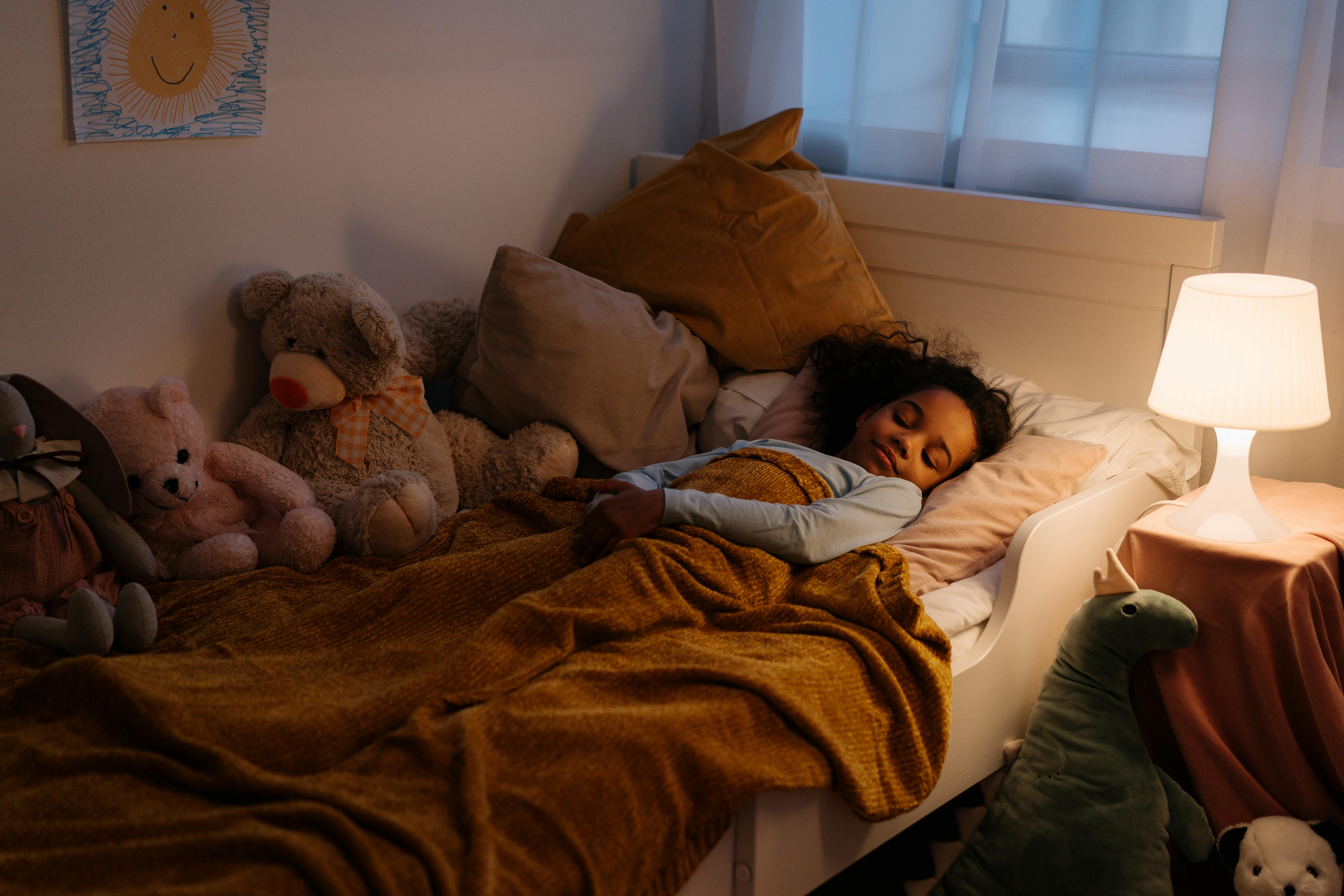


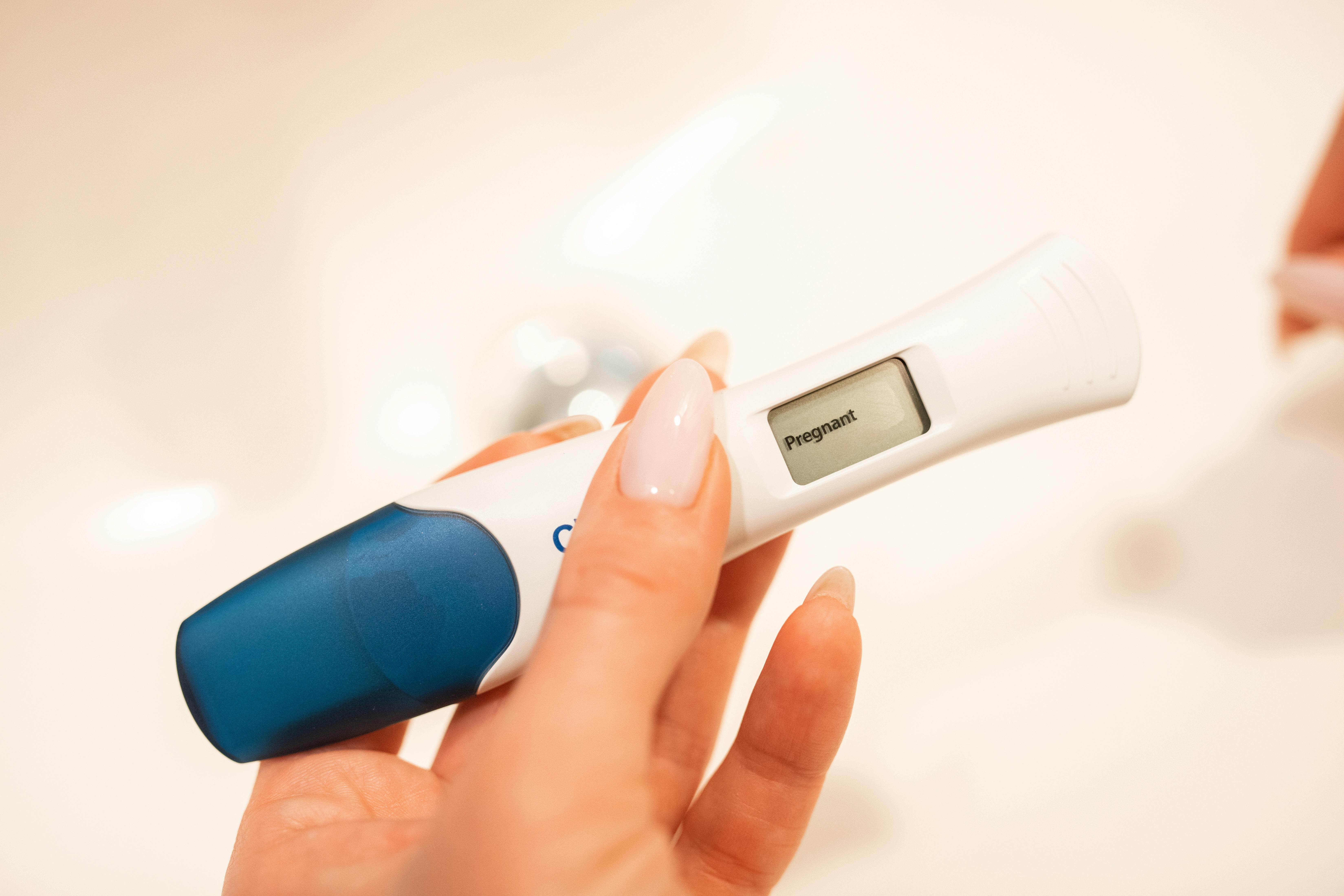





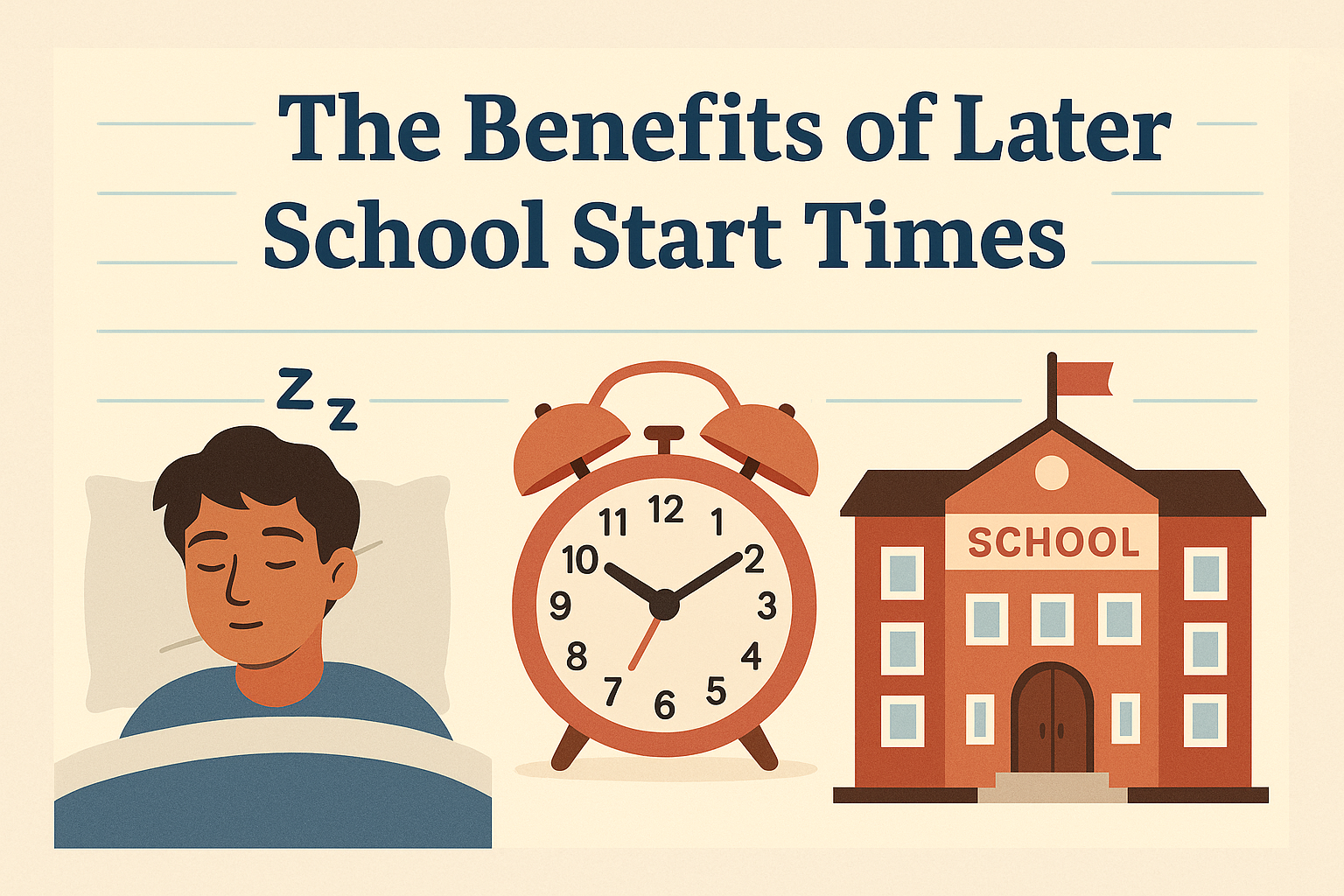

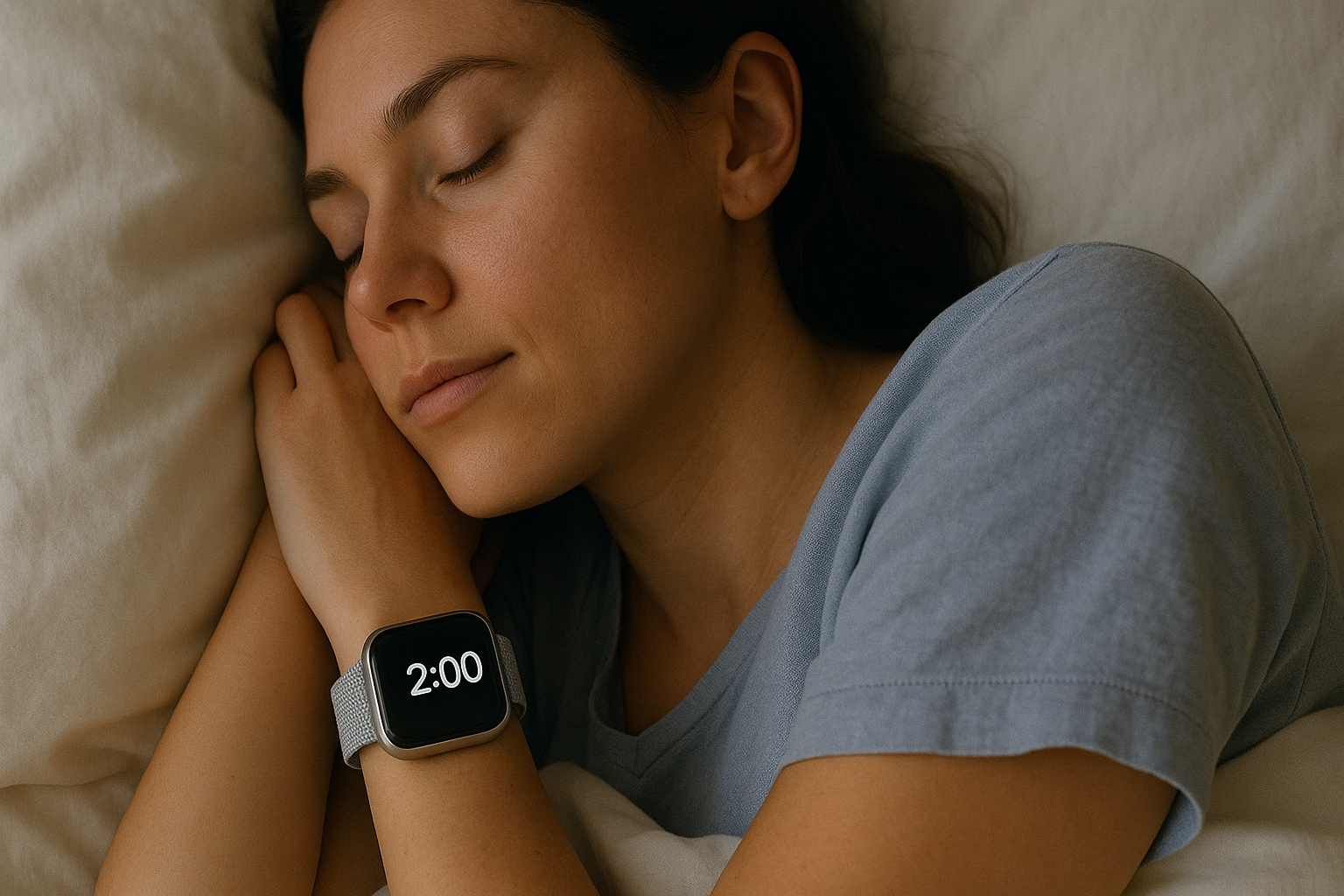


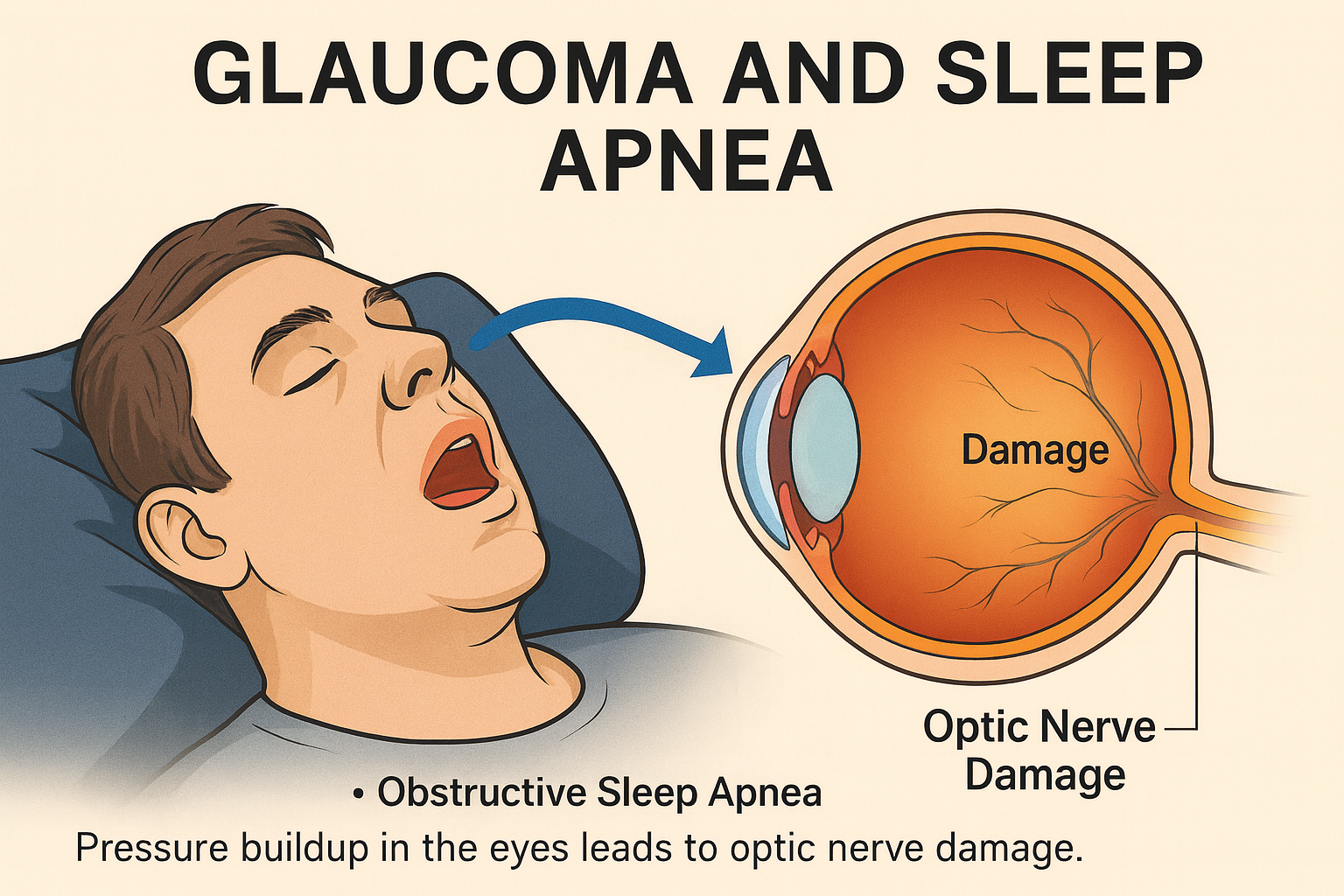
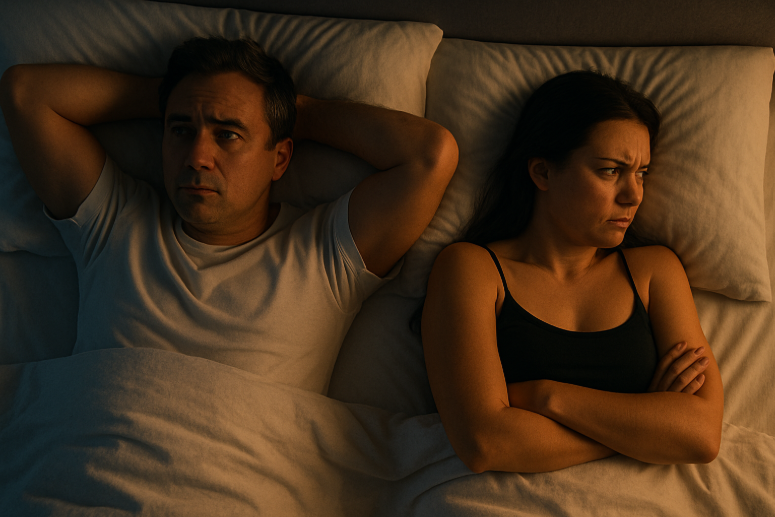
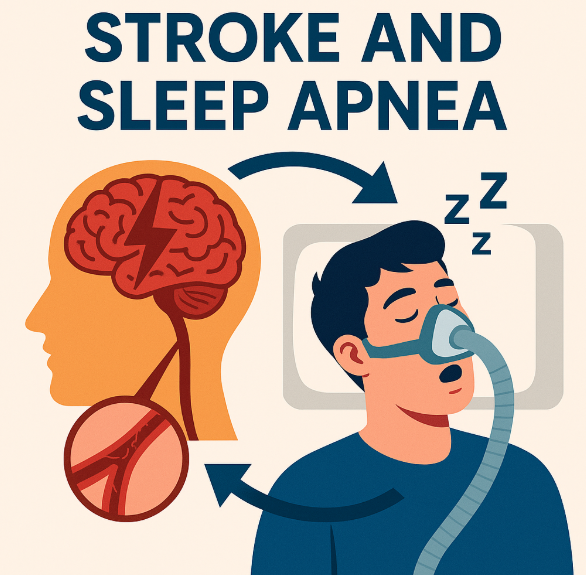
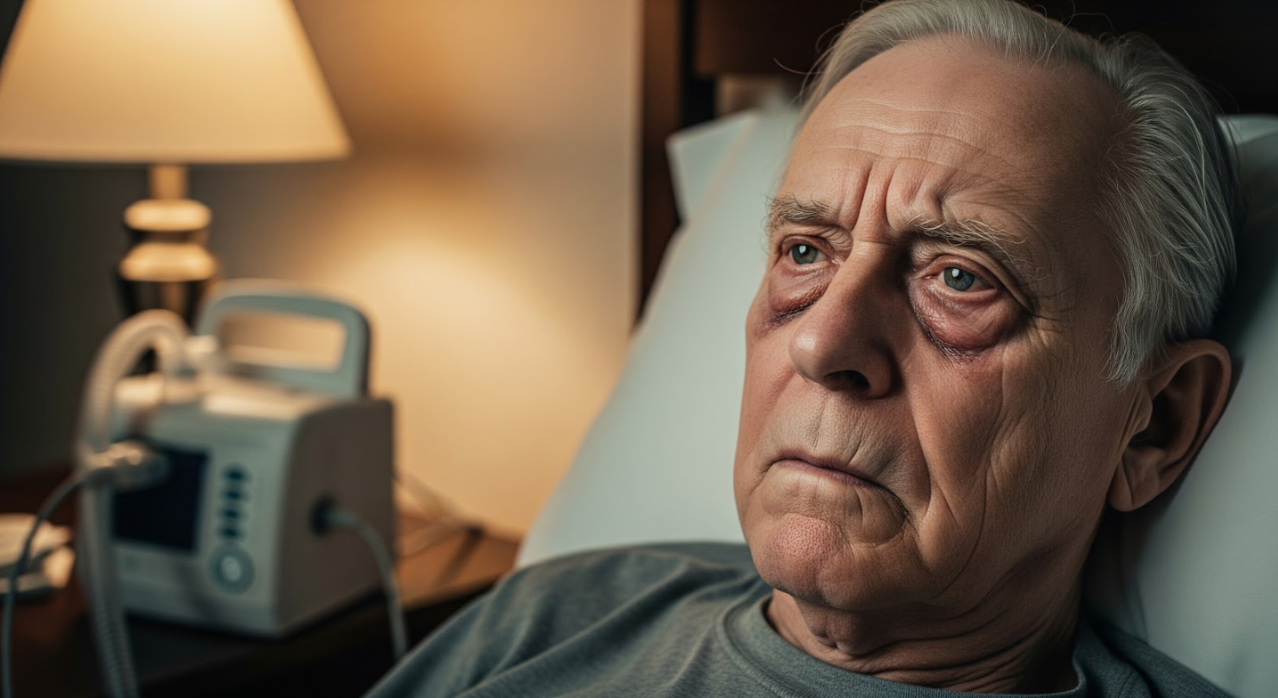































































%20thumbnail.jpg)
.png)